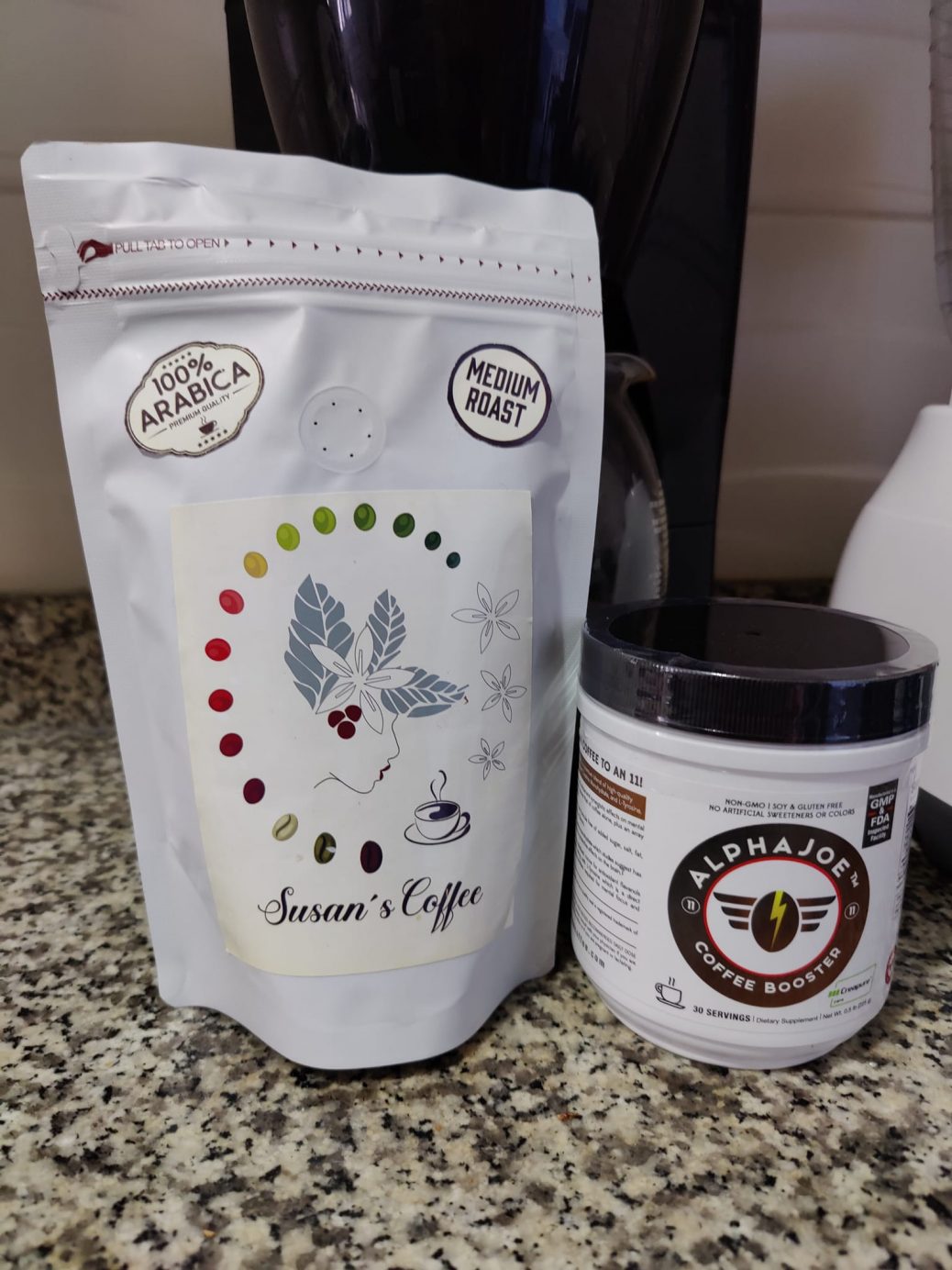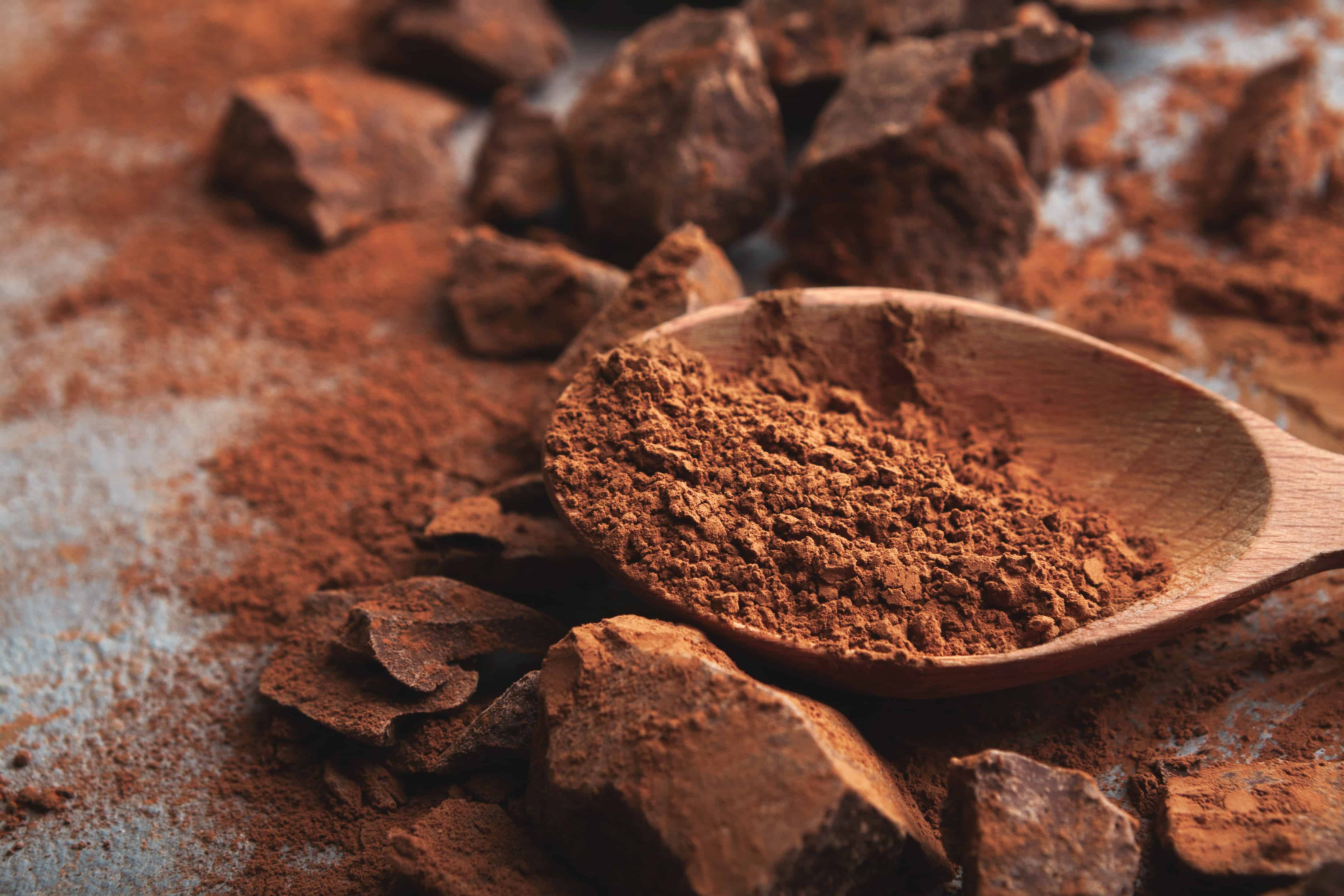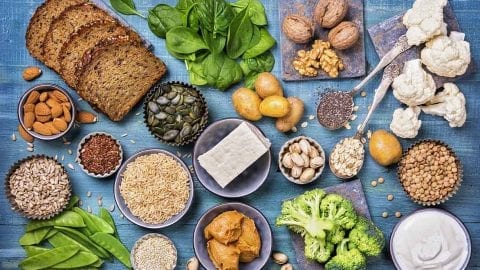Chronic systemic inflammation (CSI) plays a role in a long list of diseases. I just did a seminar that goes into full details on that topic for those interested where I discuss how to test for it, address it/mitigate it, etc. For those who want details, view my talk. Two things I did mention in that seminar that studies suggests lowers inflammation is coffee and cocoa, which are two synergistic parts of Alpha-Joe Coffee Booster. I have written on recent studies on the value of cocoa repeatedly, as to its many potential benefits, as well as coffee, but a new study looked specifically at inflammation as measured by hsCRP (an accurate test for CSI as covered in my talk linked above) and the results were very promising. In a nutshell, more coffee less inflammation! OK, a tad over generalized on my part and the caveats of that type of research applies, but when viewed as part of the large body of research suggesting health/anti disease benefits of coffee, hard to ignore. It would also make sense some of the benefits of coffee may be attributed to its anti inflammatory properties.
Association between coffee consumption and high C-reactive protein levels in Korean adults
Published online by Cambridge University Press: 25 May 2023
The findings of studies investigating the relationship between coffee consumption and C-reactive protein (CRP) levels have been inconsistent, and few researchers considered the type of coffee. We examined the association between coffee consumption and high CRP levels, using data from the Korea National Health and Nutrition Examination Survey, 2016–2018, with 9,337 adults aged 19–64 years. A 24-hour diet recall was used to assess diet, including the amount and type of coffee consumed. We classified coffee into black coffee and coffee with sugar and/or cream (nondrinkers, or ≤1, 2–3, >3 cups/day), and used multivariable logistic regression models with high CRP levels (≥2.2 mg/L). After the adjustment for potential confounders, 2–3 cups/day of coffee consumption were inversely associated with high CRP levels, compared with no consumption (odds ratio[OR]=0.83, 95% CI: 0.69–0.99). By type of coffee, the inverse association was stronger in subjects consuming black coffee (OR=0.61, 95% CI: 0.45–0.84), while the inverse association was much weaker in those consuming coffee with sugar and/or cream (OR=0.92, 95% CI: 0.74–1.14). By gender, the inverse association of 2–3 cups of black coffee was found both in men (OR=0.65, 95% CI: 0.41–1.03) and women (OR=0.55, 95% CI: 0.36–0.83). More than 3 cups/day of heavy coffee consumption were not significantly associated with high CRP levels. Our findings indicate that moderate black coffee consumption of 2–3 cups/day is inversely associated with high CRP levels in Korean adults. Further prospective studies are warranted to provide definitive evidence.
Full Paper HERE.
Will Brink is the owner of the Brinkzone Blog. Will has over 30 years experience as a respected author, columnist and consultant, to the supplement, fitness, bodybuilding, and weight loss industry and has been extensively published. Will graduated from Harvard University with a concentration in the natural sciences, and is a consultant to major supplement, dairy, and pharmaceutical companies.
His often ground breaking articles can be found in publications such as Lets Live, Muscle Media 2000, MuscleMag International, The Life Extension Magazine, Muscle n Fitness, Inside Karate, Exercise For Men Only, Body International, Power, Oxygen, Penthouse, Women’s World and The Townsend Letter For Doctors.
He’s also been published in peer reviewed journals.
Will is the author of the popular e-books, both accompanied by private members forum access , Bodybuilding Revealed & Fat Loss Revealed.
You can also buy Will’s other books on Amazon, Apple iBook, and Barnes and Noble.








